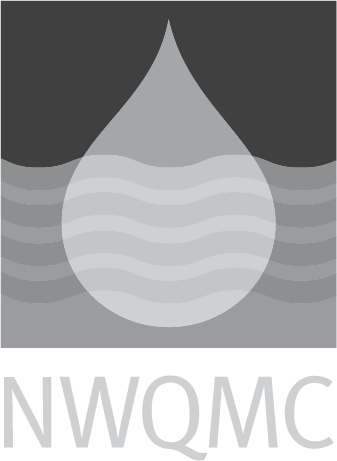EPA-OW: ToxG: Toxoplasma gondii (ToxG) by Real-Time-PCR
|
Official Method Name
|
Detection of Toxoplasma gondii Oocysts in Water Sample Concentrates |
|---|---|
|
Current Revision
| 2009 |
|
Media
|
WATER |
|
Instrumentation
|
Polymerase Chain Reaction (PCR) instrument |
|
Method Subcategory
|
Biochemical |
|
Method Source
|
|
|
Citation
|
Applied and Environmental Microbiology. 70(7): 4035 - 4039 |
|
Brief Method Summary
|
Procedures are described for analysis of water samples and may be adapted for assessment of solid, particulate, and liquid samples. The method uses a fluorogenic 5¿ nuclease (TaqMan) real-time PCR assay for the detection of T. gondii oocyst DNA using gene-specific (B1 gene) primers and probe. The assay uses an iCycler Real-Time PCR Detection System. Water samples (10 to 100 L) are filtered to concentrate oocysts. Filters are eluted and recovered oocysts are further purified and concentrated by differential flotation and centrifugation. Final sample pellets are split and subjected to PCR detection and mouse bioassay. Lower sensitivity and specificity were obtained with the B1 gene-based PCR than with the 529-bp repeat-based PCR. This technique detected as few as one oocyst seeded to 0.5 ml of packed pellets from water samples concentrated by Envirocheck filters. |
|
Scope and Application
|
This method describes procedures for identification of Toxoplasma gondii in water by use of real-time PCR assay with mouse bioassay confirmation. |
|
Applicable Concentration Range
|
1 to 10 oocysts/L |
|
Interferences
|
|
|
Quality Control Requirements
|
SAM lists these guidelines for detection and viability assessment in solid, particulate, aerosol, liquid, and water samples. Further research is needed to develop and standardize the procedures for environmental sample types. |
|
Sample Handling
|
|
|
Maximum Holding Time
|
|
|
Relative Cost
|
Less than $50 |
|
Sample Preparation Methods
|




